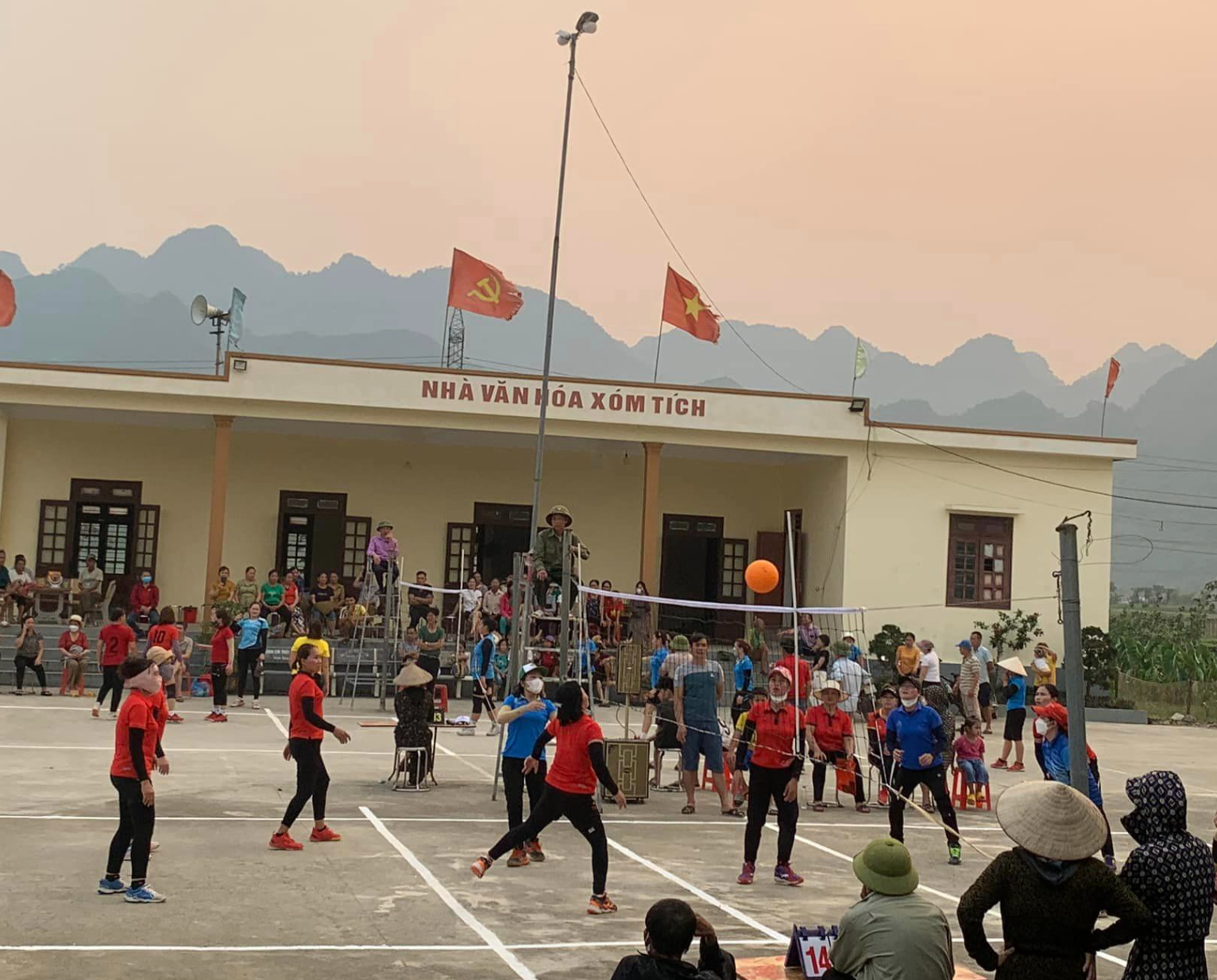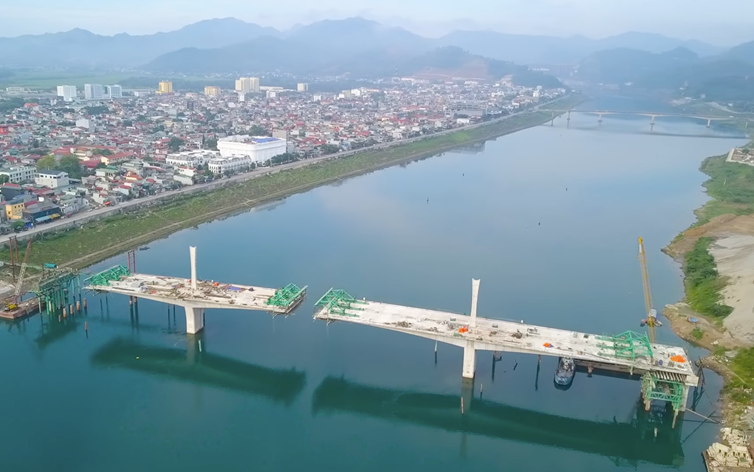
Community cultural houses in Yen Tri are effectively utilized.
According to Bui Phi Diep, Chairman of the People's Committee of Yen Tri Commune, Yen Thuy District (Hoa Binh), after completing the basic criteria for new rural development, the commune, with guidance and support from higher authorities, as well as the concerted efforts of local leadership and the active participation of its people, mobilized all resources to build an advanced and model new rural area.
To ensure sustainable rural development and gradually elevate criteria to meet the model new rural standards, the commune established a Steering Committee for New Rural Development, assigning specific responsibilities to each member.
At the same time, the commune intensified awareness campaigns to encourage residents to join hands in rural development under the motto: "The people lead, the State supports." This approach has helped officials and residents clearly understand and actively participate in building a model new rural area.
Movements such as "Clean houses, beautiful gardens, fresh environment, and civilized neighborhoods," linked to building model new rural residential areas and exemplary gardens, have been enthusiastically embraced by the community. Similarly, campaigns like "All people unite to build a cultural life" and "All people unite to build new rural areas and civilized urban areas" have seen widespread support.
A notable initiative, "Encouraging women to save and buy health insurance cards for family health," has proven highly effective, with the commune achieving a health insurance participation rate of 96.23%.
Inter-village and inter-communal roads are regularly cleaned, and both sides of the roads are lined with flowers and green trees, contributing to a green, clean, and beautiful rural environment.

To date, Yen Tri's environmental criteria have been rated as relatively strong. Village roads and alleys have been upgraded, and cemeteries constructed according to plans. The proportion of households using hygienic water has reached 100%, 90% of households have three essential sanitation facilities, and 96% have hygienic livestock facilities.
The movements to build cultural families and villages have developed extensively. All 13 hamlets in the commune now have cultural houses that support community activities effectively. The commune’s central sports area and sports facilities in all 13 hamlets have been planned and are effectively utilized.
In economic development, Yen Tri has focused on its key products and strengths, encouraging residents to restructure crops and livestock and to develop household economies linked to cooperative economies. Many effective economic models have been established.
In the first half of 2024, the commune's per capita income reached over 37 million VND. The commune has also had four OCOP-certified products with a 3-star rating: black tree sap extract, dạ cẩm sap extract, taro powder, and instant sprout powder.
With great effort and determination, Yen Tri aims to maintain its achievements and strive to become a leading example of new rural development in the future.
Thanh Son